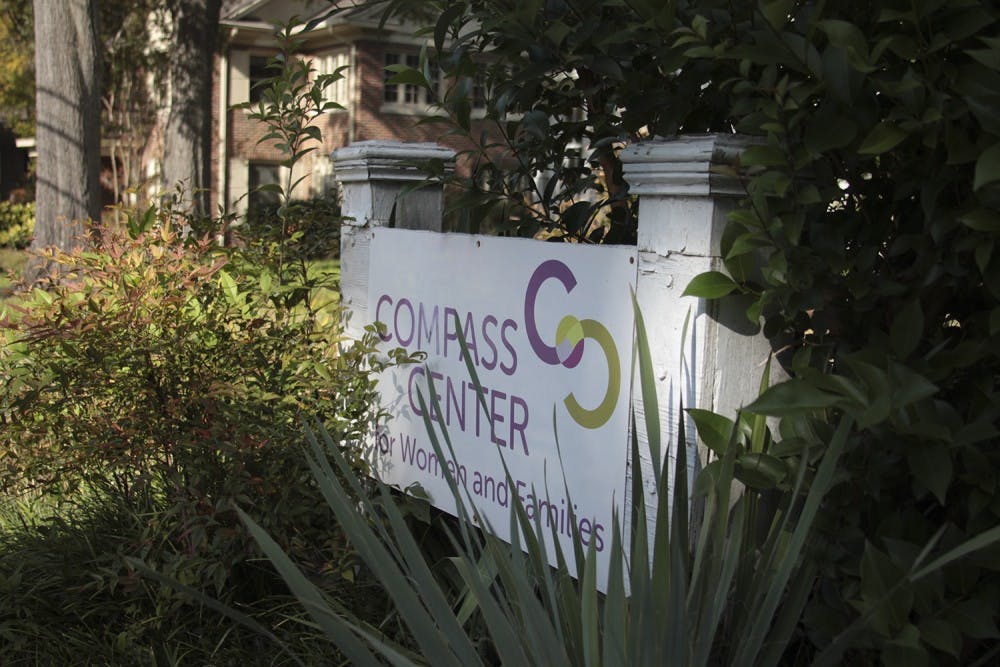The Chapel Hill Police Department has dealt with over 500 cases of domestic abuse since 2012.
This number underrepresents the actual amount of people suffering from interpersonal violence in intimate relationships in Chapel Hill.
“That might be just a slice, or a subset, of people who are experiencing [domestic violence],” said Rebecca Macy, UNC professor in the School of Social Work.
It is almost impossible to tell how many people are victims of domestic violence.
“I think, unfortunately, the problem with tracking domestic violence is that we don’t have really good systems for tracking it,” Macy said. “So we don’t know exactly how many cases or how many incidences there are in any given community in the United States, we don’t know how serious the problem is at any given time. There is just no way to capture that information.”
The Compass Center for Women and Families, which focuses on helping people escape situations of domestic abuse, released a statement that found one in three women and one in four men in heterosexual relationships have been or will be physically abused by an intimate partner. In same-sex relationships, 20 percent of men and 35 percent of women are victims of domestic abuse.
Macy said Orange County doesn't have a domestic abuse shelter, although it's a commonly provided service in local communities.
“Domestics, historically, have been pretty dangerous for law enforcement,” said Chris Atack, captain of operations for Carrboro Police Department. “Our overarching goal over everything is safety. Safety for the officers, safety for the victim, safety for the suspect and safety for the community.”
He also said domestic violence especially affects children because they often feel fear and apprehension about living in an abusive environment.




